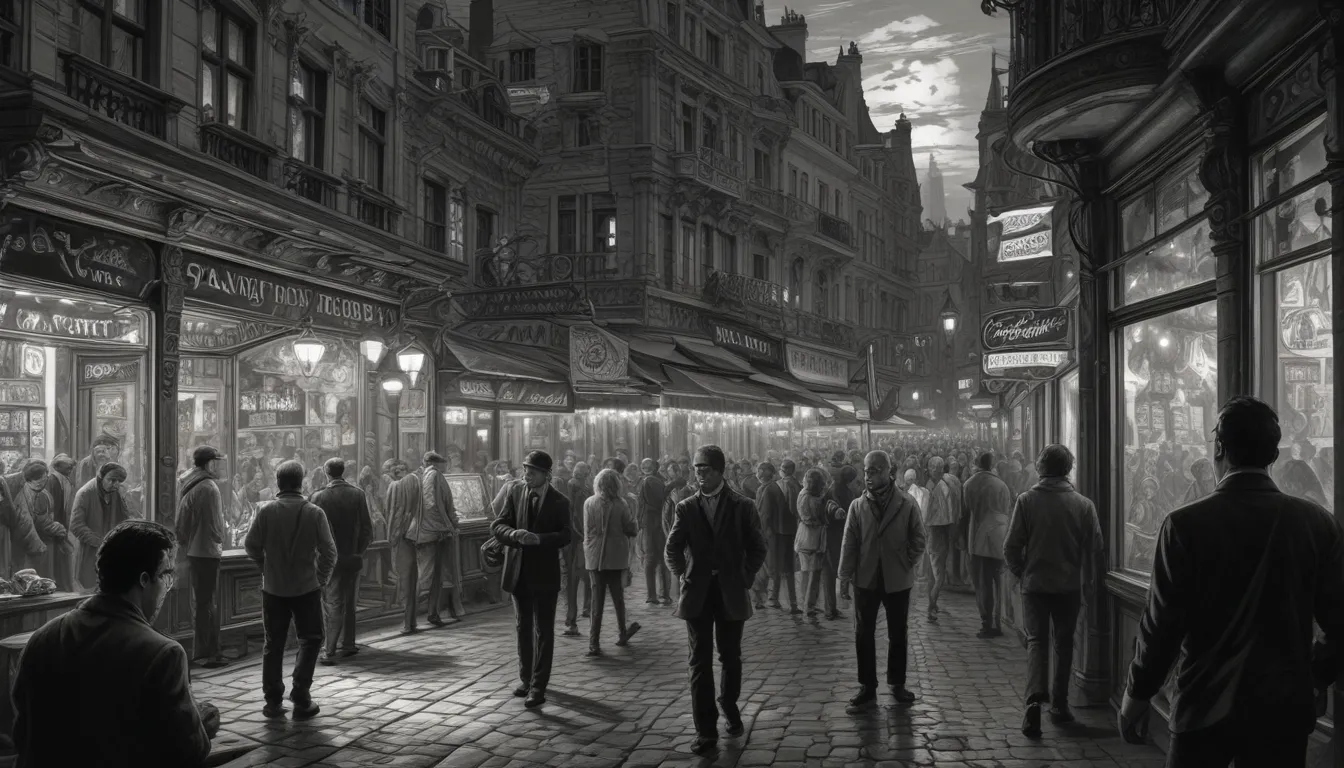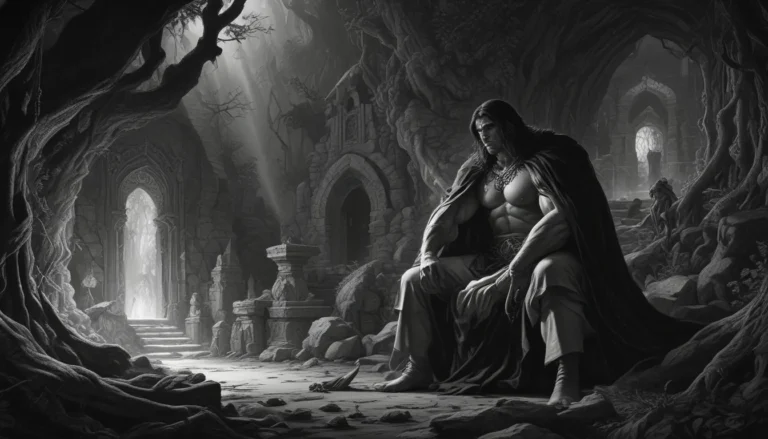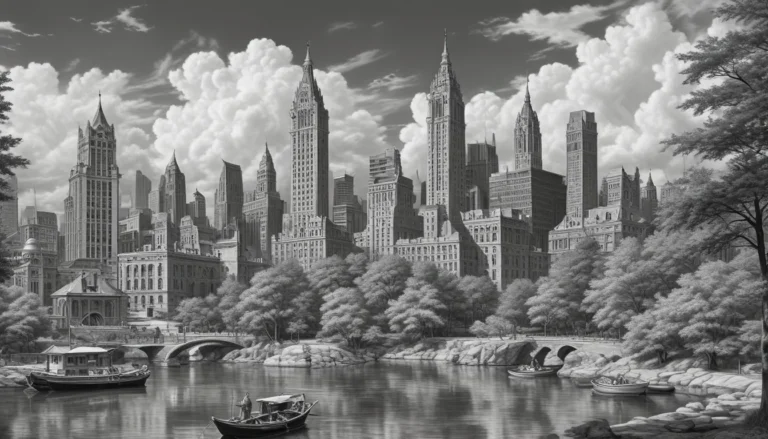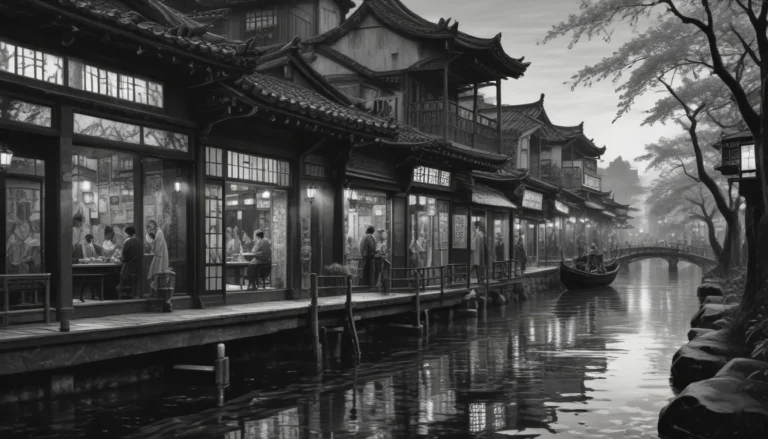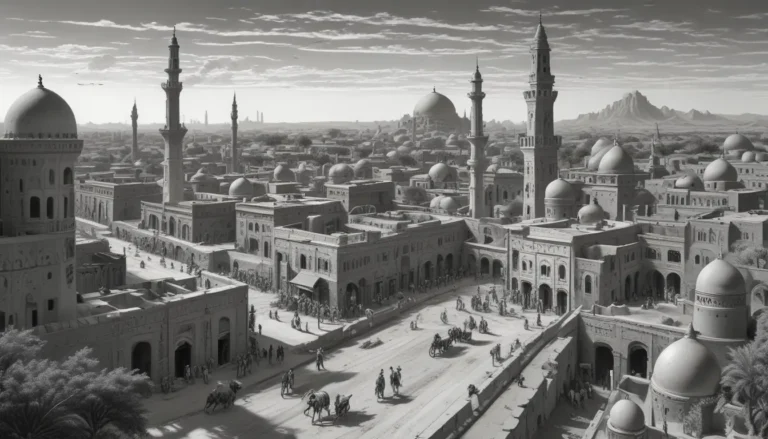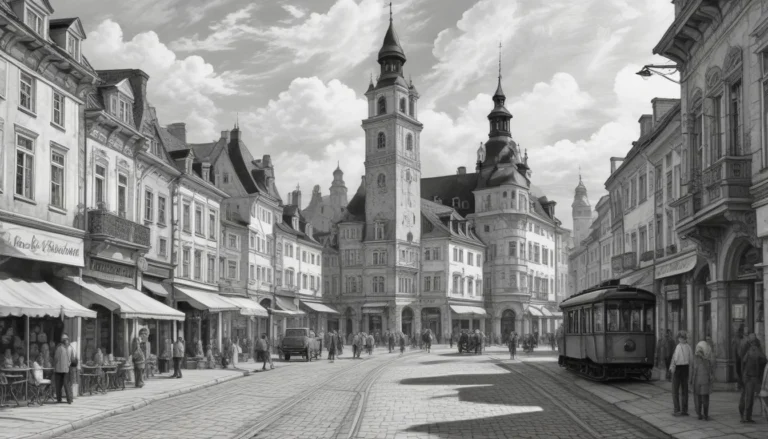The images in our articles are for illustrative purposes only and may not exactly match the content. They are intended to capture your interest and complement the text, not to replace it.
Vienna, the capital city of Austria, is a vibrant and world-renowned destination that seamlessly combines rich history, beautiful architecture, and cultural sophistication. Known as the “City of Music” and the “City of Dreams,” Vienna has a fascinating past that dates back centuries. From the grandeur of the Habsburg Empire to its modern status as a hub for art, music, and intellectual pursuits, this city has something to offer every visitor.
In this article, we will delve into 46 captivating facts about Vienna – from its famous landmarks and cultural traditions to its culinary delights and unique quirks. Whether you are planning a trip to Vienna or simply curious to learn more about this enchanting city, get ready to explore interesting insights and intriguing tidbits that showcase the true essence of Vienna.
Vienna: A City of Rich Heritage and Vibrant Culture
Vienna, the capital and largest city of Austria, boasts a population of over 1.9 million people, making it the cultural, economic, and political hub of the country. The name “Vienna” originates from the Celtic word “windo,” which means “white” or “bright,” signifying the city’s historic and beautiful white buildings.
Vienna has been consistently ranked as one of the most livable cities in the world and has earned a spot in the top 10 of the Mercer Quality of Living Survey for several years. The historic center of Vienna is a UNESCO World Heritage Site, renowned for its well-preserved architecture, including palaces, churches, and historic landmarks.
Vienna: A Hub of Music, Art, and Intellectual Pursuits
Vienna is often referred to as the “City of Music,” with a rich musical heritage that was home to renowned composers such as Mozart, Beethoven, and Strauss. The Vienna Philharmonic Orchestra, one of the world’s most acclaimed orchestras, attracts music enthusiasts from around the globe and performs at the famous Musikverein concert hall.
Apart from music, Vienna is also known as the birthplace of psychoanalysis, with Sigmund Freud, the father of psychoanalysis, living and working in the city for most of his life. The city’s coffeehouse culture has played a significant role in its social and intellectual life for centuries, while the Wiener schnitzel, a breaded and fried veal cutlet, remains one of Vienna’s most iconic dishes.
Vienna: A City of Unique Traditions and Culinary Delights
Vienna’s vibrant wine scene sets it apart as the only capital city in the world with significant vineyards within its city limits. The Viennese Ball season is a highlight of the city’s social calendar, featuring glamorous balls held in palaces and hotels where attendees dress in elegant evening gowns and tuxedos.
The city is home to the world’s oldest zoo, the Tiergarten Schönbrunn, which has been open to the public since 1752. The Naschmarkt, Vienna’s most popular food market, offers a wide variety of fresh produce, international cuisine, and local delicacies. During the holiday season, Vienna transforms into a winter wonderland with impressive Christmas markets selling handicrafts, mulled wine, and delicious treats.
Vienna: A City of Architectural Marvels and Historical Landmarks
Vienna’s architectural landscape is dotted with iconic landmarks such as the Giant Ferris Wheel in the Prater amusement park and the Vienna State Opera, one of the leading opera houses in the world. The Hundertwasserhaus, a unique apartment complex designed by the famous Austrian artist Friedensreich Hundertwasser, stands out for its colorful façade and organic architectural style.
The Riesenrad, Vienna’s oldest and largest Ferris wheel, was built in 1897 and has become an iconic symbol of the city. The Spanish Riding School in Vienna is renowned for its classical dressage performances featuring the elegant Lipizzaner horses and their skilled riders.
Vienna: A City of Artistic and Intellectual Grandeur
Vienna has a rich literary history, being the birthplace and home of famous writers such as Franz Kafka, Arthur Schnitzler, and Stefan Zweig. The Vienna Woods, located on the outskirts of the city, offer beautiful hiking and recreational opportunities in a picturesque landscape perfect for nature lovers.
The Prater Park, a popular recreational area in Vienna, features vast green spaces, amusement rides, and the iconic Giant Ferris Wheel. Vienna’s museums and galleries, including the MuseumsQuartier, showcase a rich tradition of classical music concerts and a vibrant contemporary art scene.
Vienna: A City of Festivals and Traditions
Vienna’s famous Viennese dialect, known as “Wienerisch,” adds to the city’s charm with its sing-song rhythm and unique vocabulary. The city’s well-developed cycling infrastructure makes it easy to explore on two wheels, while the Secession Building and its famous Beethoven Frieze by Gustav Klimt symbolize Vienna’s artistic and intellectual heritage.
Throughout the year, Vienna hosts a variety of cultural, music, and film festivals catering to diverse interests. The Vienna Food Festival celebrates the city’s diverse culinary scene, offering visitors a taste of traditional and innovative dishes from different cultures.
Vienna: A City of Diversity and Timeless Elegance
Vienna’s classic elegance and modern sophistication offer a perfect blend for visitors looking to immerse themselves in history, art, music, and cultural richness. From imperial palaces to world-class museums and renowned music venues, Vienna captivates with its beauty, charm, and allure.
As you explore Vienna’s charming streets, delightful cafes, and breathtaking parks, you’ll find a city that seamlessly blends its well-preserved historic buildings with a vibrant contemporary culture. Whether you are interested in art, music, history, or simply soaking in the city’s charming atmosphere, Vienna promises an unforgettable experience.
Frequently Asked Questions
- What is the best time to visit Vienna?
The best time to visit Vienna is during the spring and fall when the weather is mild, and the city is less crowded. The months of April to June and September to October are ideal for exploring Vienna’s outdoor attractions and enjoying events and festivals.
- How can I get around in Vienna?
Vienna boasts an excellent public transportation system that includes buses, trams, and an extensive subway network. Consider purchasing a Vienna City Card, offering unlimited use of public transportation and discounts on attractions and museums.
- What are some famous Viennese dishes that I must try?
Don’t miss trying out famous Viennese dishes such as Wiener Schnitzel, a breaded and fried veal escalope, and Sachertorte, a dense chocolate cake. And let’s not forget Viennese coffee, an integral part of the city’s vibrant café culture.
- Are there any day trips I can take from Vienna?
Yes, visitors can take several day trips from Vienna, including exploring the stunning Wachau Valley, discovering the picturesque town of Salzburg, or touring the captivating Schönbrunn Palace.
- Is Vienna a safe city for tourists?
Vienna is generally considered a very safe city for tourists. However, it is always advisable to take common safety precautions and be aware of your surroundings, especially in crowded tourist areas.
Vienna’s allure lies in its historical grandeur, artistic treasures, and vibrant cultural scene, offering a captivating experience for travelers from all walks of life. Delve into the beauty and charm of Vienna, where every corner tells a story of a city steeped in rich heritage and timeless elegance. Discover the magic of Vienna and let this enchanting city capture your heart.
